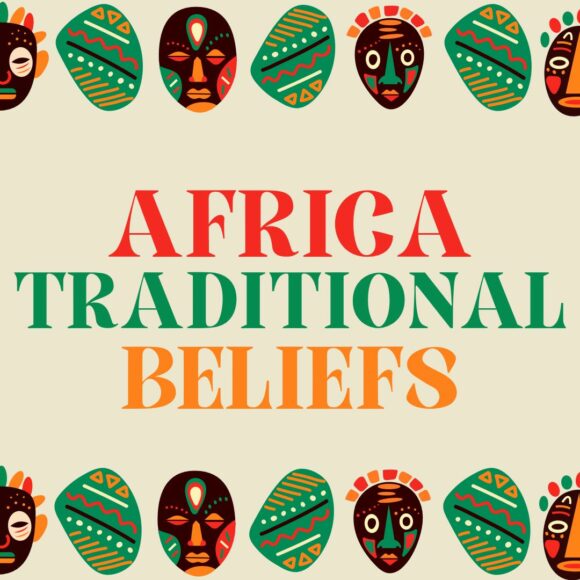
by Antonio Napoli
Until now, I have never spoken of the memories that belong to books. And yet they too are full of them: memories of their former owners, of the places where they rested, of the dangers they escaped.
When I came back into possession of the magical book, capable of evoking all the echoes of the past, its memory also vibrated within me, revealing the ordeals it had endured from the moment it was given to the slave trader, in exchange for Elissa’s freedom, until it reached the Library of Alexandria.
The book had been sold the same day of the barter, ending up among the goods transported by another slave trader: a Phoenician with amber-slit eyes and a heart as hard as sycamore bark. He had piled the scroll among ropes, amphorae, chains, and other objects flayed by salt. The papyrus felt upon its skin the cooling caress of rain, the sweat of slaves, the languid wail of flutes, the piercing clang of trumpets, even the fine dust of a crumbling rock that threatened the convoy’s path. The journey was long and uncertain before the papyrus changed hands again.
At one stop, it nearly got torn apart to bandage the bleeding wound of a fallen camel: only the sudden discovery of some old cloths saved it. At another, it came close to being burned to light the way across a shaky bridge at night: but then the moon rose, shy and providential, and the papyrus was spared. In short, that book was always at risk of being used not for what it was, but for what it could become.
It was in a noisy market, fragrant with myrrh and horses, that the papyrus finally met a different fate. A young Greek scribe, accompanied by a man dressed in Egyptian robes and Greek thoughts, noticed the scroll tucked among the rags and bought it for a few coins. He wrapped it carefully inside a roll of waxed cloth, as one protects a secret waiting for a trustworthy ear.
The young scribe’s name was Philo, and he was a student of the new librarian in Alexandria. He was known for his obsession with seeking out unique books. When he finally arrived at the great Library — with its columns like stone fingers stretched toward the sky — Philo delivered the papyrus to the copyists’ room, where it was recorded and added to the waiting list for transcription.
Amidst this whirlwind of memories, I had wandered far from the city without noticing that, just ahead of me, walked a familiar figure, with a satchel from which a scroll was peeking out.
“Yedidyah!” I called out.
He turned, paused for a moment — as if struggling to recognize me — then smiled faintly and came toward me. We walked on together: he intent on finding the lost tribe, I on my path toward the river of oblivion.
As we walked, a silence fell between us that was neither awkward nor wary: it was natural, inevitable, like the harmattan when its time comes, like the bark of two dogs who recognize each other from afar, like the curling of a scroll when its edges are no longer held flat.
Thanks to the book’s power, I could read his thoughts and understood how heavy his heart felt — so to speak — burdened by carrying everywhere the imprint of his people, and by never truly feeling free except in the duty to do what is right. Like me, he felt the subtle, constant weight of being unable to pass by himself without mourning both an excess and a lack.
I possessed the book that grants all memories. A book that made the experiences of others awaken through me, speak to me, inhabit me. But perhaps it is more truthful to say that the book possessed me: it always returned to my side, with or without my will.
And yet, I was seeking the river of oblivion.
It was not a paradox. It was a necessity.
Every memory I carried — my own or another’s — was heavy. It saved, and at the same time, it condemned. Sometimes it was a caress. More often, a blow.
That book forgot nothing: every lost love, every guilt, every missed chance, every face dissolved in the sand of passing days… all demanded to return. It was as if it hollowed me out from within, as if I were no longer a mortal man, destined to vanish, but a soul haunted by epochs, sorrows, and truths that refused to fade. My memory had to grant them a kind of immortality.
I didn’t want to forget everything: only what nailed me to a vague but relentless responsibility. Like the divine voice that bound the Jew to the task of finding the scattered tribe — the one that had broken unity, and that must be forgiven. And saved.
I wanted to forget the things that held me hostage. I wanted to erase from my mind the pain that kept me awake, the echo of words never spoken, the image of someone I still loved and had failed to hold on to. I wanted, for once, to carry no one with me. Not even myself.
Above all, not the imprint of my people: the Etruscan people.
Seeking the river of oblivion was not cowardice. If anything, it was the last form of courage I had left. Because one who remembers everything can no longer reinvent himself. He cannot choose. He cannot dream. He is condemned to the loyalty of the past.
And I still wanted to write something that had not already been written.
As these thoughts distracted me from the fatigue of the journey, our gaze stumbled upon what would turn out to be a solitary library.
It was there, immersed in a suspended and sinister landscape, nestled among rocks red as forgotten wounds.
Its architecture resembled nothing I had ever seen: it seemed to have grown from the earth, like a sacred tree — but with something decaying about it, as if knowledge itself were dying inside.
The door of the library opened, giving the impression of having a will of its own. We were received in silence, at the hour of evening: men and women with clear gazes and faint smiles. At their head, a librarian with gentle manners, a piercing look, and a deep voice who said only:
“Welcome, strangers. Here, we do not read. Here, we become the word.”
And the book of memory, within my thoughts, revealed to me that it was precisely from that place that its journey into the world had begun, to reach me.
